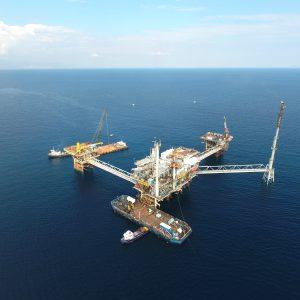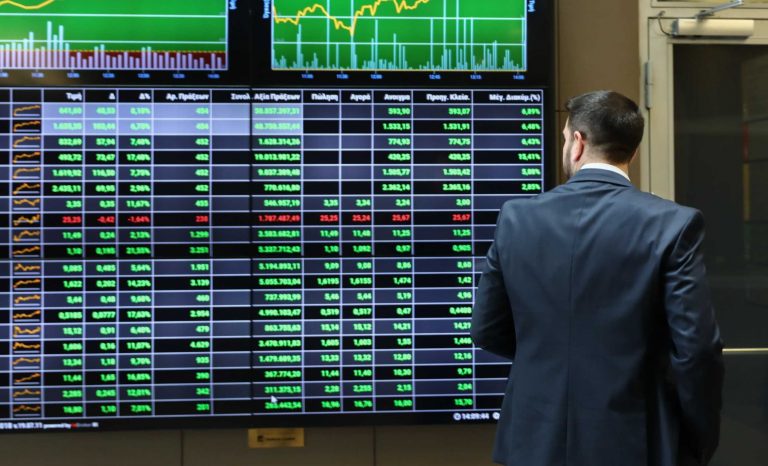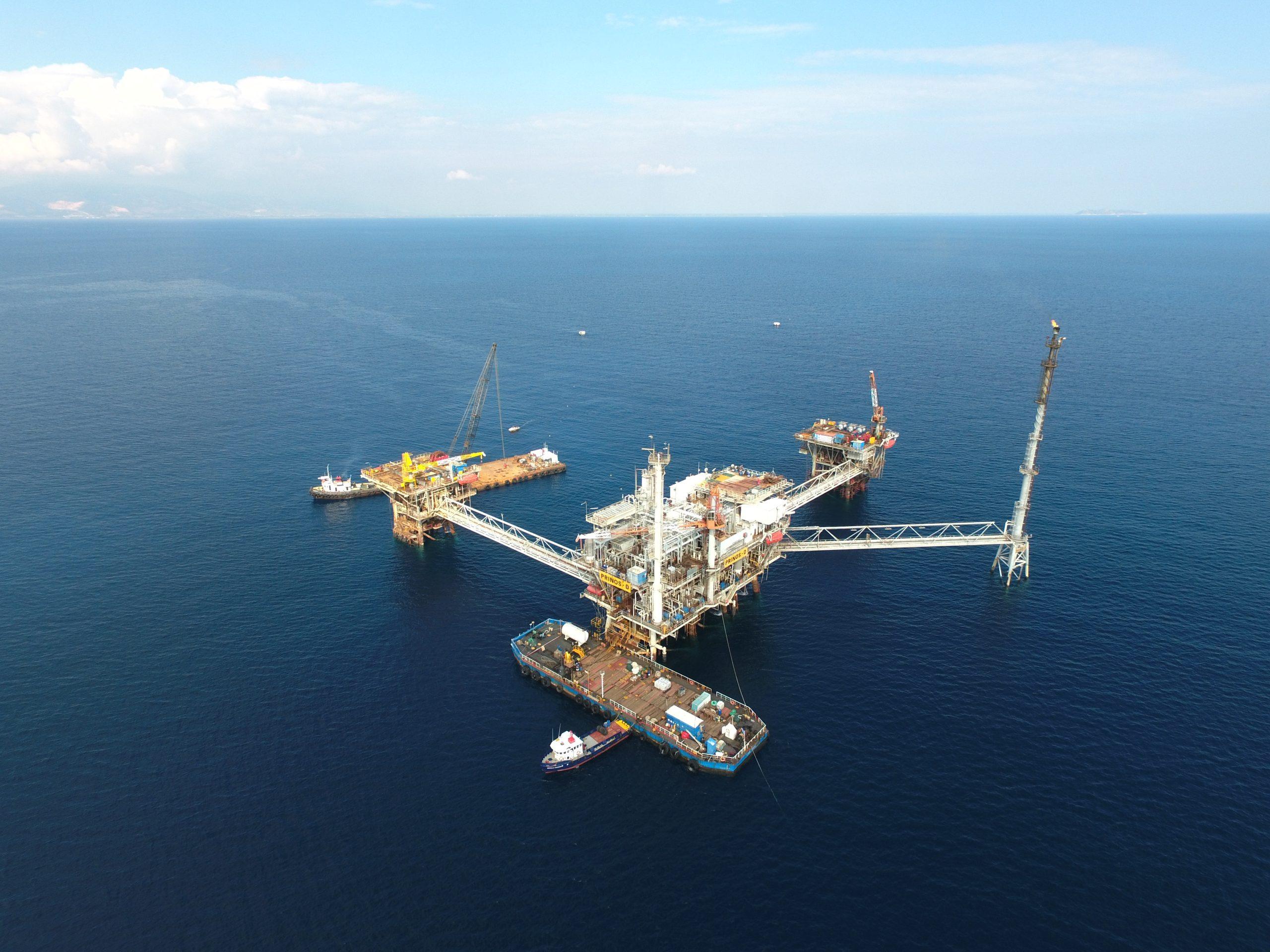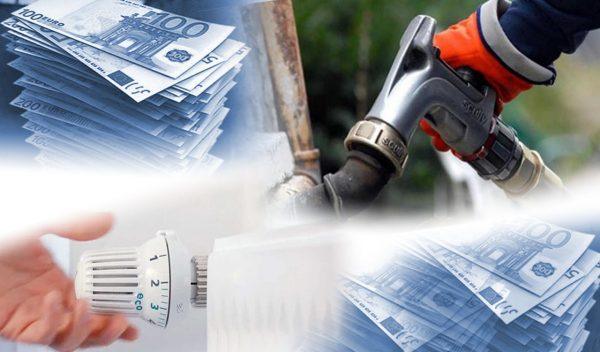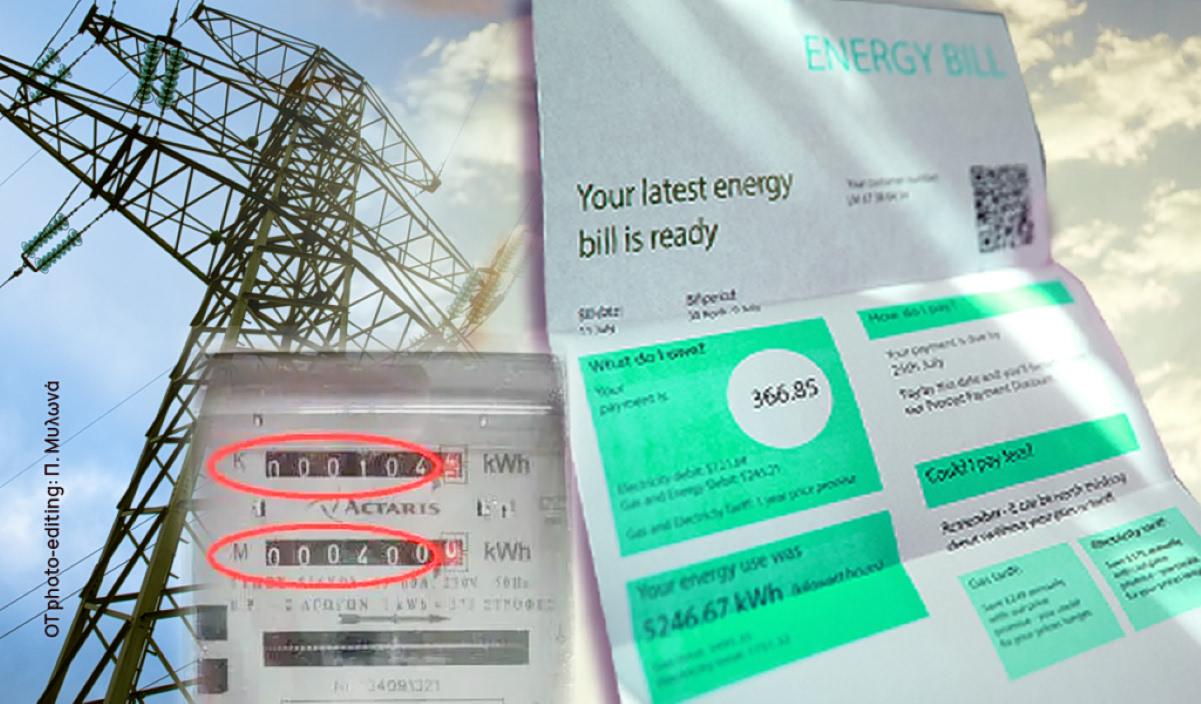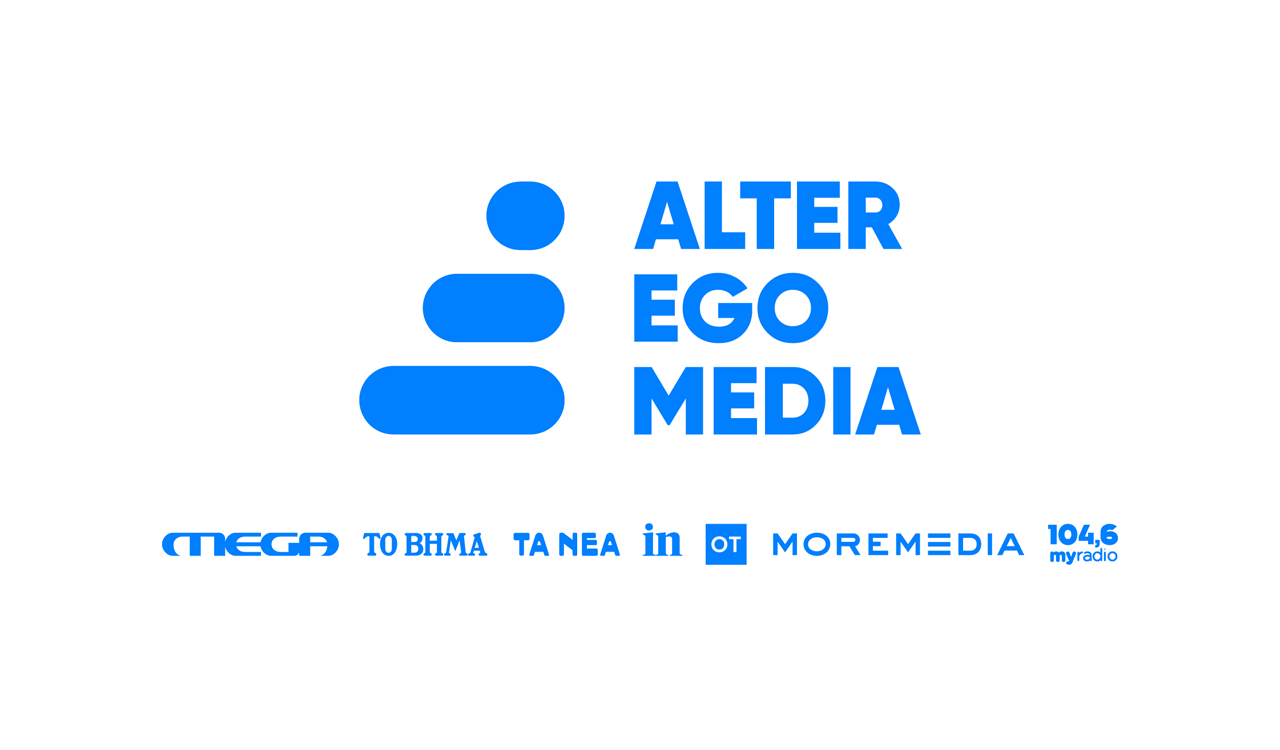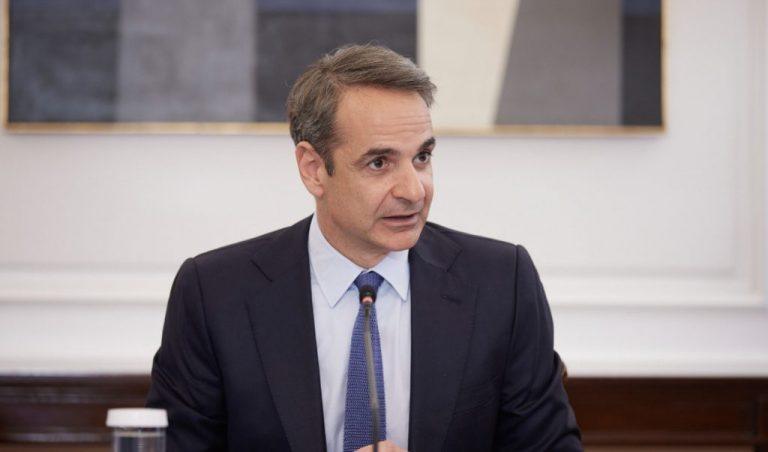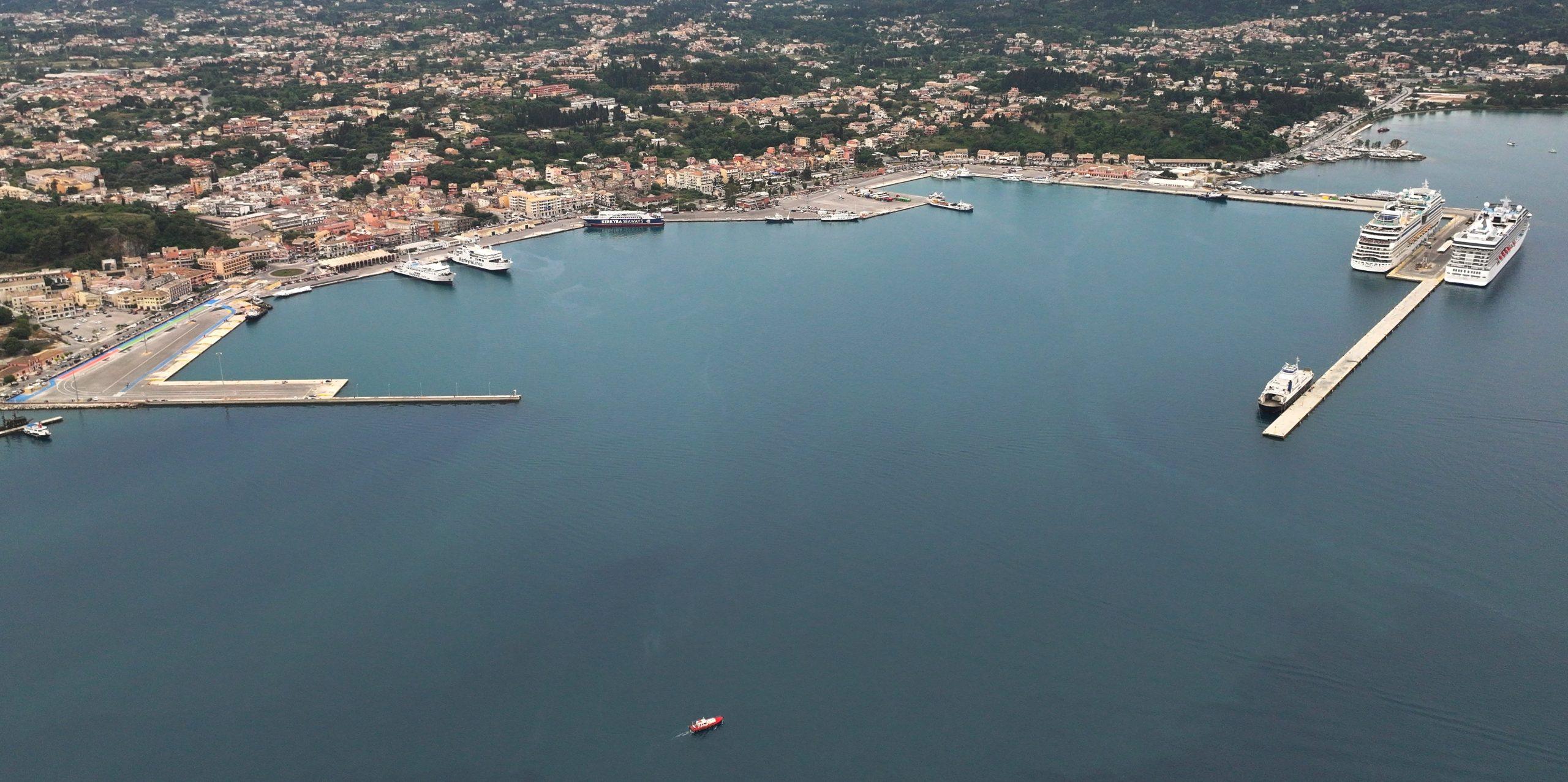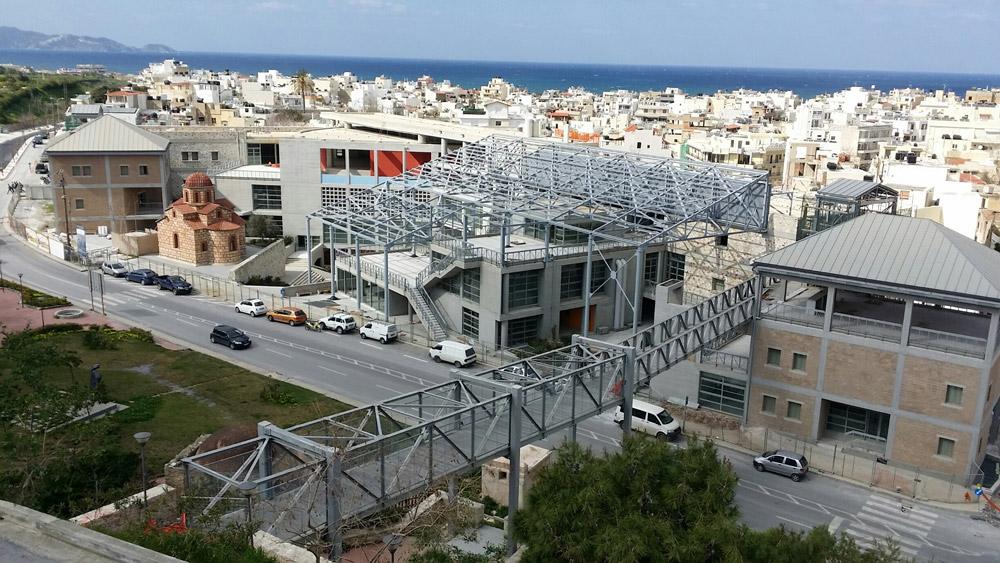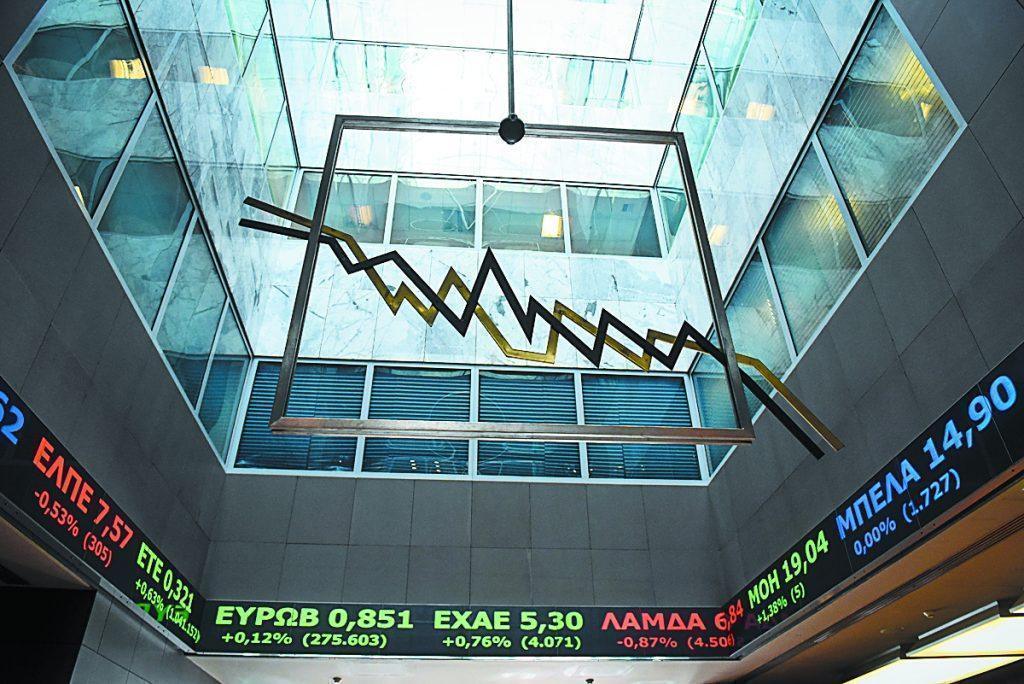The Greek economy is set to experience two more years of strong economic growth, according to Morgan Stanley, with the American-based multinational investment bank forecasting a GDP expansion of 2.2% in 2025—a slight deceleration of just 10 basis points compared to 2024.
For 2026, Morgan Stanley projects a notable slowdown in the Greek economy, when growth is predicted to ease to 1.8%. Investments are assessed as the main driver of economic activity, supported by the ongoing implementation of the EU Recovery and Resilience Fund and a rise in Foreign Direct Investment (FDI).
Net exports are expected to have a negative impact on growth, while private consumption is also projected to lose momentum in both years.
Morgan Stanley highlights that the country’s jobless rate has fallen to its lowest level since 2009, reaching 9% in March 2025, estimating this downward trend will continue, as strong economic performance helps further reduce labor market slack.
Inflation in Greece has declined, with Morgan Stanley projecting it will fall to 2.1% in 2025, down from 2.7% in 2024. However, the easing of inflation is not expected to be uniform across all categories. Notably, rent inflation continues to rise sharply, reaching 10.5%, significantly higher than the 2.9% recorded in the Eurozone.
Notably, roughly 35% of Greek households are renters. According to the most recent available data from 2015 on household spending by income level, lower-income households allocate at least 22% of their disposable income to rent. A steep rise in rental costs could therefore significantly strain the disposable income of poorer households and potentially jeopardize real consumption.
Source: tovima.com







